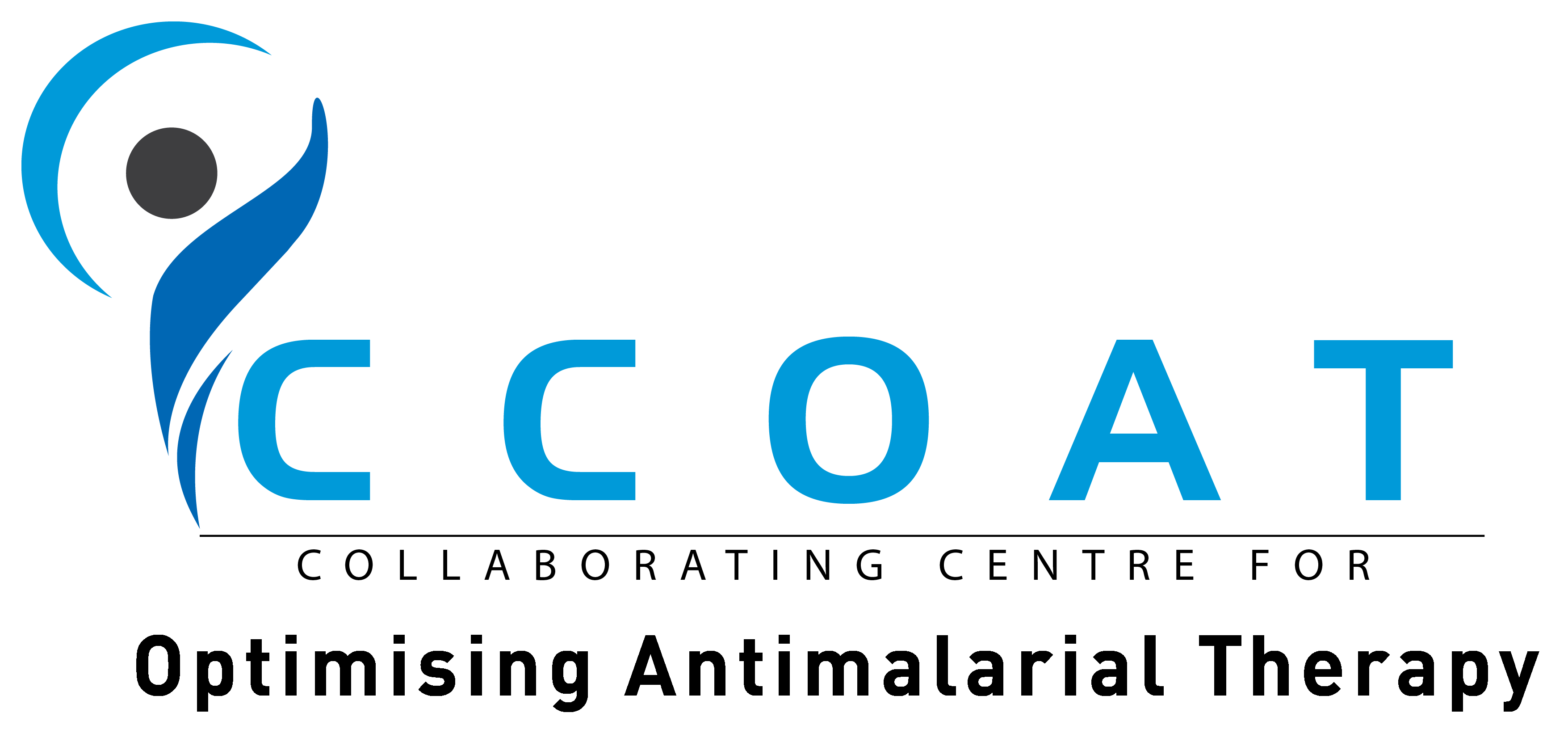An innovative tool for accessing information about antimalarial resistance: MARC SE-Africa dashboard

The MARC SE-Africa consortium unveils the Antimalarial resistance dashboard - a new tool that brings data on antimalarial resistance in Southern and Eastern Africa to key stakeholders.

In Southern and Eastern Africa, malaria poses one of the world's most significant health burdens. The MARC SE-Africa antimalarial resistance dashboard is an innovative tool for showcasing data needed to combat malaria and the emergence of antimalarial resistance in the region.
This dashboard was developed at the request of national malaria programmes and their partners. It offers a user-friendly interface that supports research and policy development and facilitates a coordinated response to drug-resistant malaria at national, sub-national, and regional levels.
The tool equips national malaria control programs and other critical stakeholders with near-real-time data updates, empowering them to respond proactively to emerging antimalarial resistance across 19 endemic countries. By doing this, the platform has the potential to transform the landscape of malaria control.
Users can navigate through layers of data with user-defined parameters, unveiling patterns and trends in antimalarial resistance at national, sub-national, and regional levels. This not only enhances understanding but also fosters informed decision-making where it's needed most.
The tool is built on varied data on diverse aspects of malaria control:
-
therapeutic efficacy studies (TES)
-
molecular markers of resistance
-
national malaria treatment policies
-
malaria incidence data
Curated against WHO cut-off values, the dashboard aggregates and contextualizes information, enriched with links and resources for in-depth analysis. It was designed to connect and inform policymakers, national malaria programme managers, health program partners, ministry personnel and other stakeholders, enhancing their capacity to combat malaria effectively.
The goal is to enhance the capabilities of malaria programs, promote coordinated regional actions, and ultimately drive forward the agenda for malaria elimination in the region.
